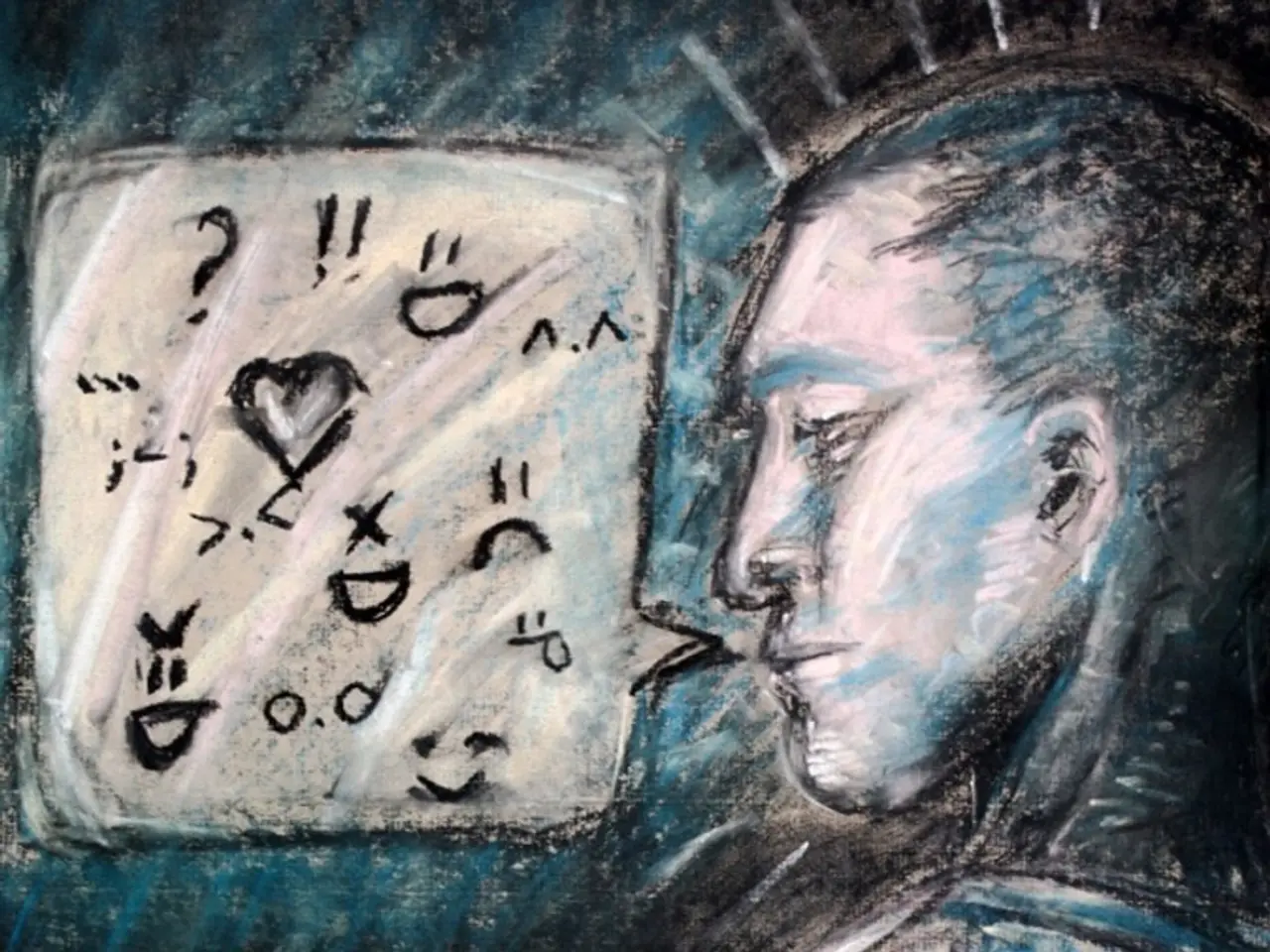AI tutor excels without chatbot features, setting it apart in the educational sphere.
In the digital age, artificial intelligence (AI) is making its way into the classroom, and Arizona State University (ASU) is at the forefront of this educational revolution. Professor Ryan Meuth, a computer science expert at ASU, is collaborating with Wiley to develop an AI tutor designed to support students in the university's coding labs, which are powered by Wiley's zyBooks platform.
The AI tutor is not a simple chatbot but rather a tool focused on helping students solve problems, keeping the focus on learning rather than providing the answers. Meuth is particularly concerned about students becoming over-reliant on help and wants to ensure that the value students are getting from the tutor is contributing in a healthy way.
The AI tutor is part of a growing ecosystem of AI-driven educational tools used to support students in subjects such as math, computer science, and language arts. These tools often focus on tasks like summarizing content, providing problem-solving assistance, and offering personalized feedback, enhancing traditional online learning by adding interactivity and adaptive help.
In the U.S., 80% of students have reportedly used AI tools for schoolwork, especially for subjects like English, math, and computer science, where platforms like ChatGPT and AI tutors could be integrated to assist with tasks like text summarization, essay editing, and solving problems. This indicates a high level of adoption and integration potential for AI tutors in online education.
The AI tutor being developed by Meuth and Wiley typically incorporates interactive coding environments and problem sets supporting STEM subjects, aiming to engage students actively and provide instant feedback. Improvements to such AI tutors generally focus on adaptive learning algorithms, increasing personalization, and better understanding student needs, which aligns with research indicating AI tools augment but do not replace human tutor insights and empathy.
A second cohort of 350 students began using the AI tutor this fall, and they are using it ten times as frequently as the initial pilot group. To evaluate the effectiveness of the AI tutor, Meuth and the Wiley team are studying how to best use the AI tutor and have received approval to start a control group study. One group will have access to the tutor, while another will not, allowing for a direct comparison of academic achievement and self-efficacy between the two student groups.
The AI tutor now offers highly targeted responses to help students get over a barrier. It provides options like giving hints or providing alternative explanations to help students solve problems. Initially, the AI tutor was not effective in giving helpful hints to students during the initial pilot study. However, the AI tutor has been refined to better identify the most valuable thing to say to students.
Lyssa Vanderbeek, Wiley group vice president for courseware, is involved in the development of the AI tutor. Vanderbeek and her team have identified the most valuable hints to give students when they are stuck. The AI tutor is designed to provide immediate feedback and assistance to students, particularly those who need support at odd hours.
In conclusion, AI tutors like Wiley's zyBooks are used widely for STEM education and online courses, including those offered by institutions like ASU. Improvements in AI tutors focus on personalization, adaptive feedback, and task-specific assistance (e.g., coding problems, essay editing). A significant portion of U.S. students use AI tools regularly for academic support, underscoring the importance of integrating AI tutors effectively into online learning. The AI tutor being developed by Meuth and Wiley is part of a pilot study and is being improved as its efficacy is measured.
- Professor Ryan Meuth, along with his collaborators at Wiley, is developing an AI tutor to assist students in solving problems during their learning period, ensuring the technology complements, rather than replaces, human interaction.
- The AI tutor, part of a dynamic educational tool ecosystem, offers various features such as summarizing content, providing problem-solving assistance, and personalized feedback, thereby advancing traditional online learning.
- As the AI tutor evolves, researchers like Professor Meuth and Lyssa Vanderbeek (Wiley group vice president for courseware) are focusing on enhancing adaptive learning algorithms, understanding student needs, and providing valuable hints to maximize the tool's effectiveness in STEM education.




